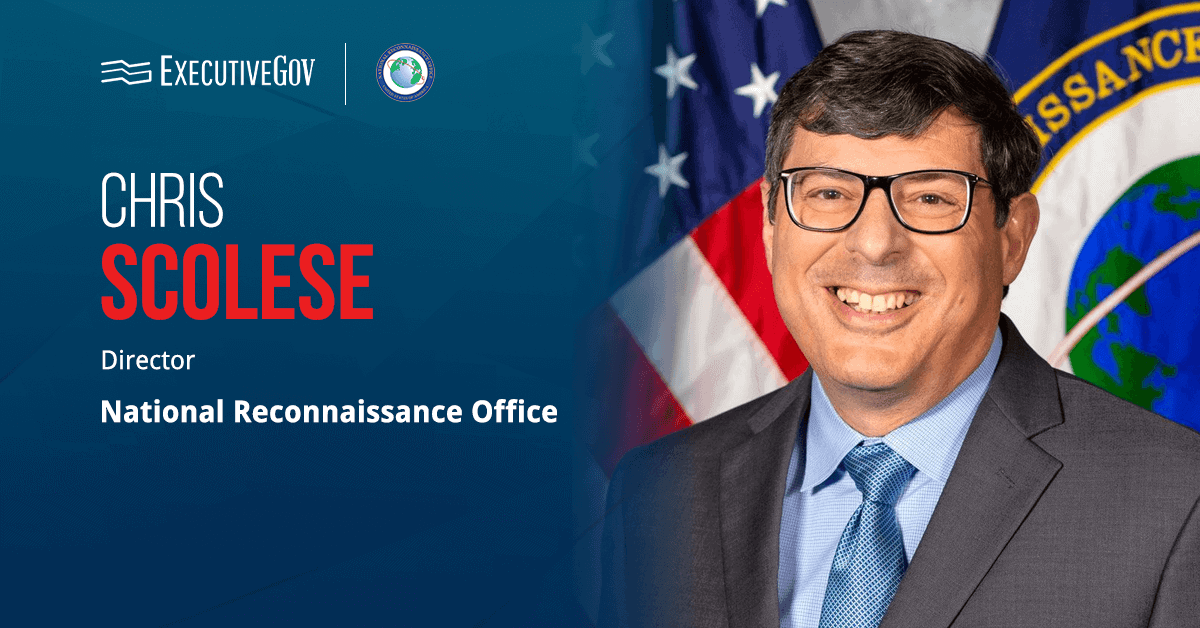A U.S. Air Force-Titan Dynamics team has demonstrated the ability to develop and fly an unmanned aerial system within 24 hours.
The USAF said Thursday the week-long Black Phoenix project is part of the Blue Horizons fellowship, an Air Force Center for Strategy and Technology-led initiative aimed at fostering unique problem-solving approaches.
To build the six tested drones, the team 3D-printed the aerodynamic body parts of the aircraft. Using Titan’s automated design software, the team was able to create the body design in under 10 minutes.
The findings from the activities will be compiled and presented to the secretary of the Air Force secretary and chief of staff this month.





